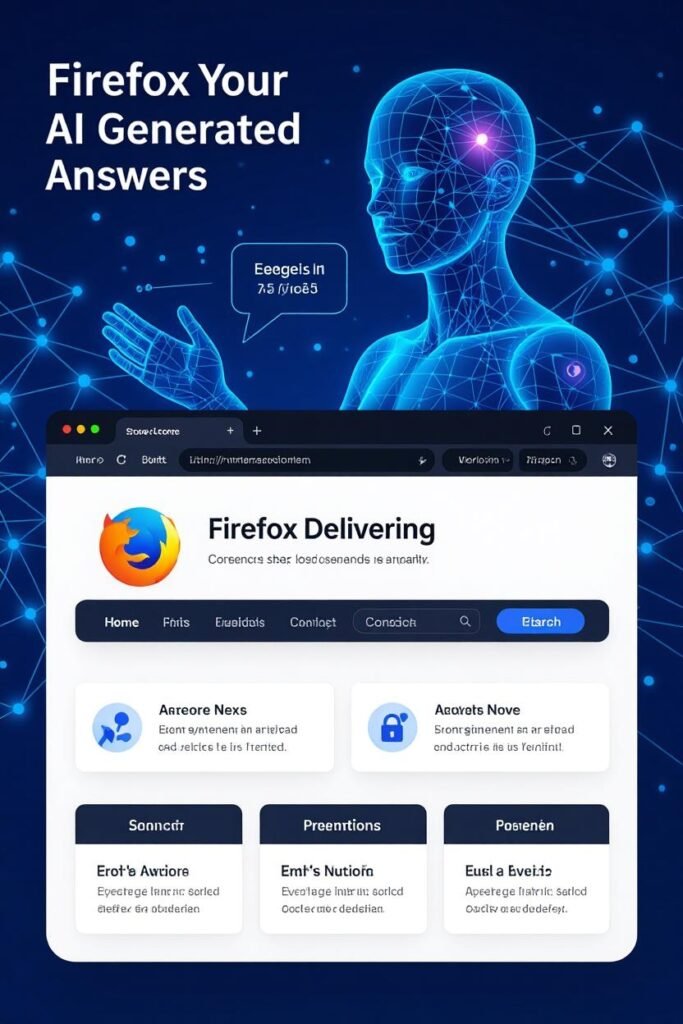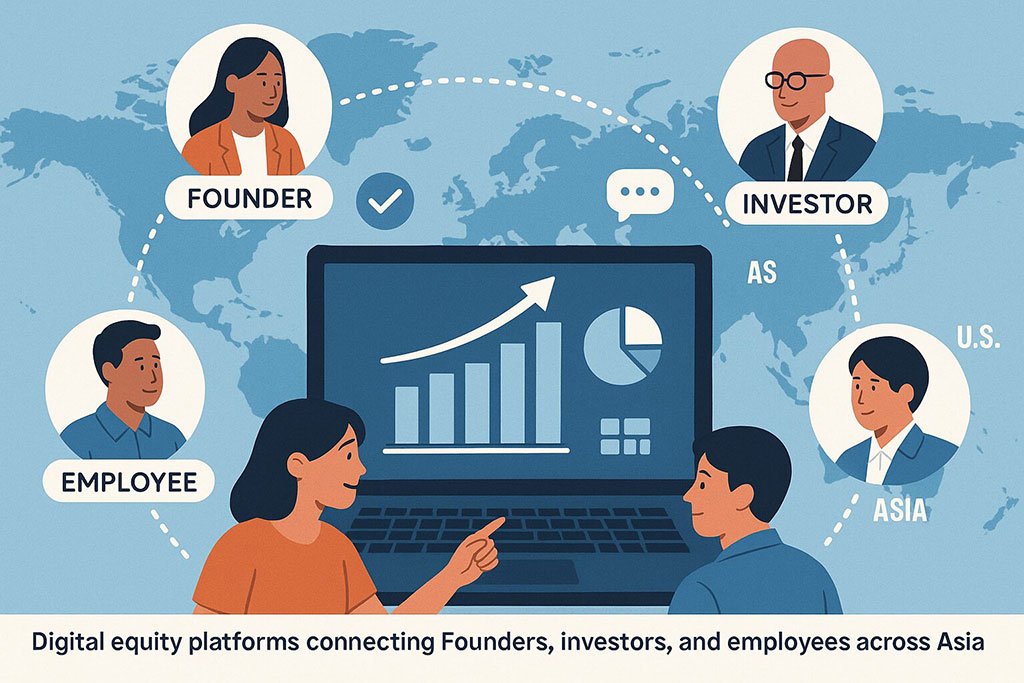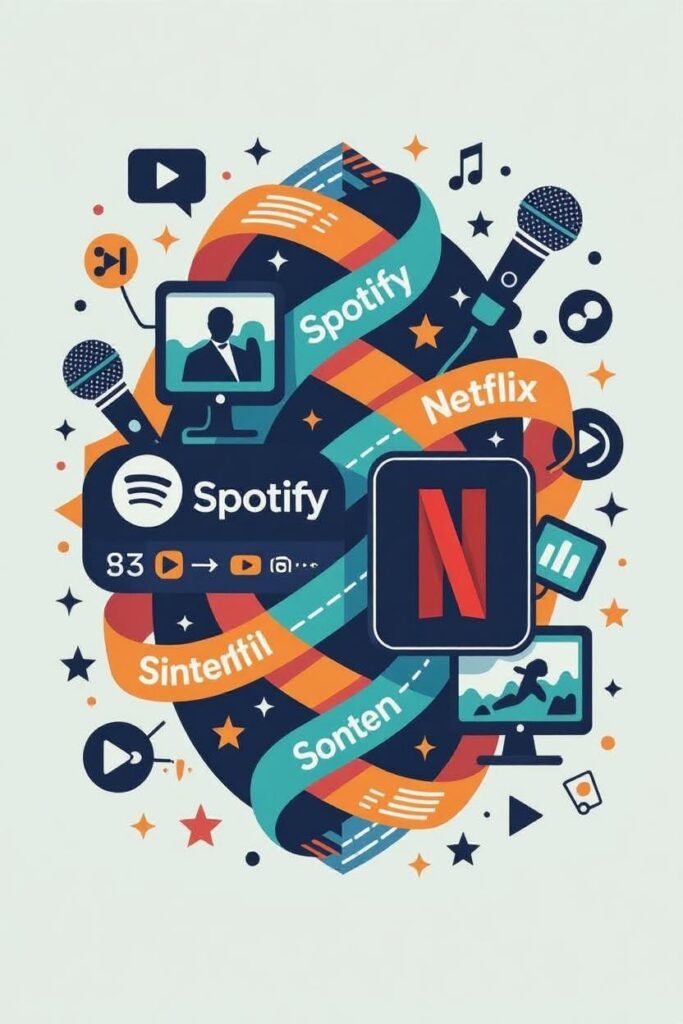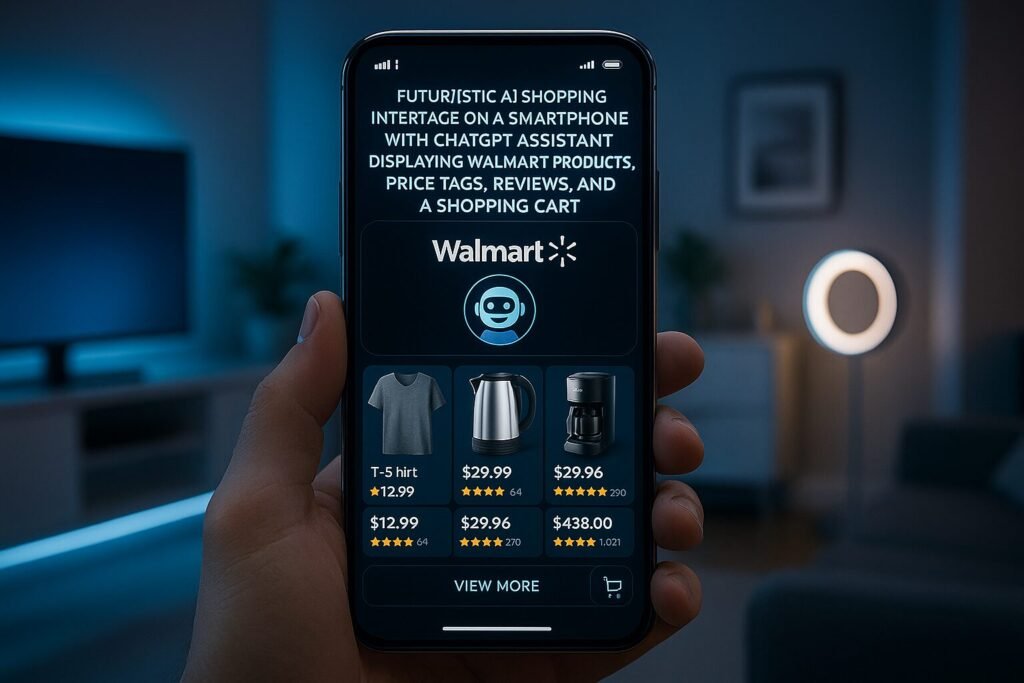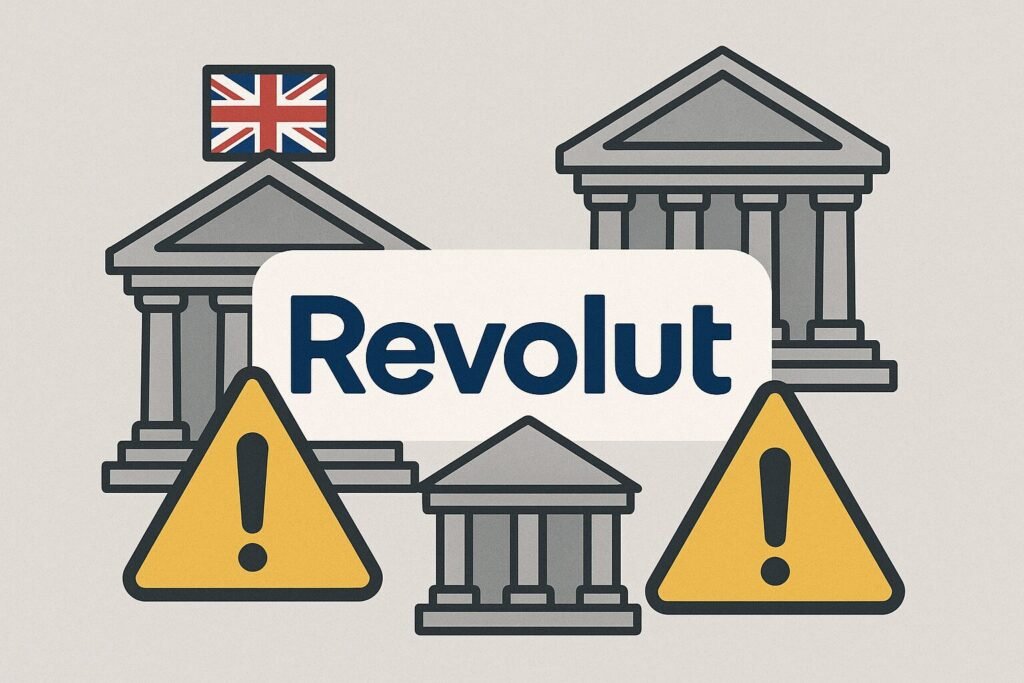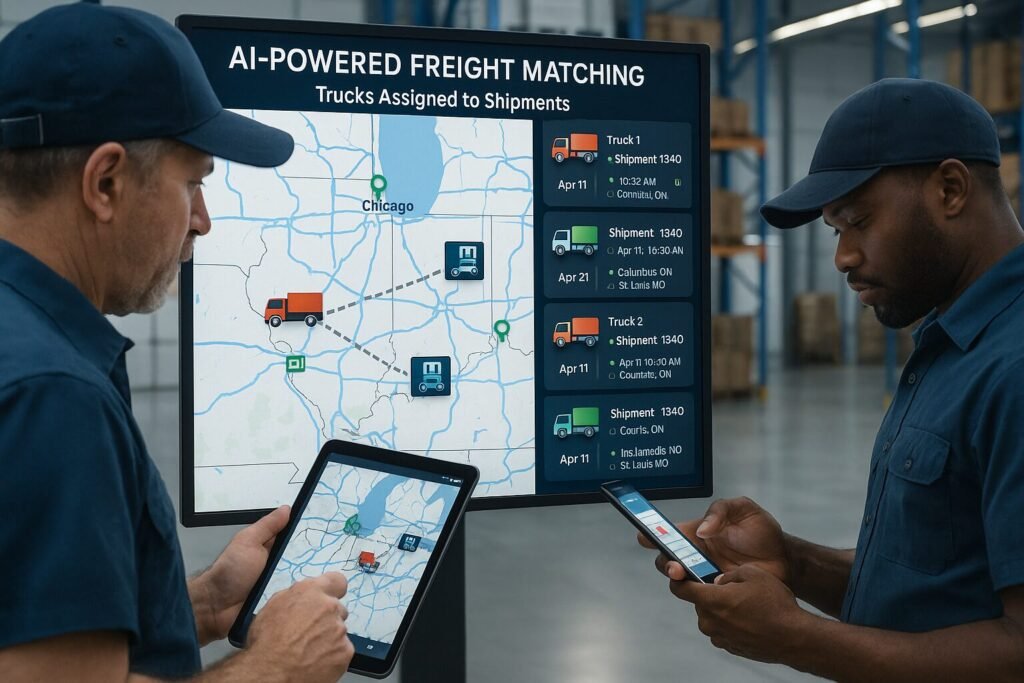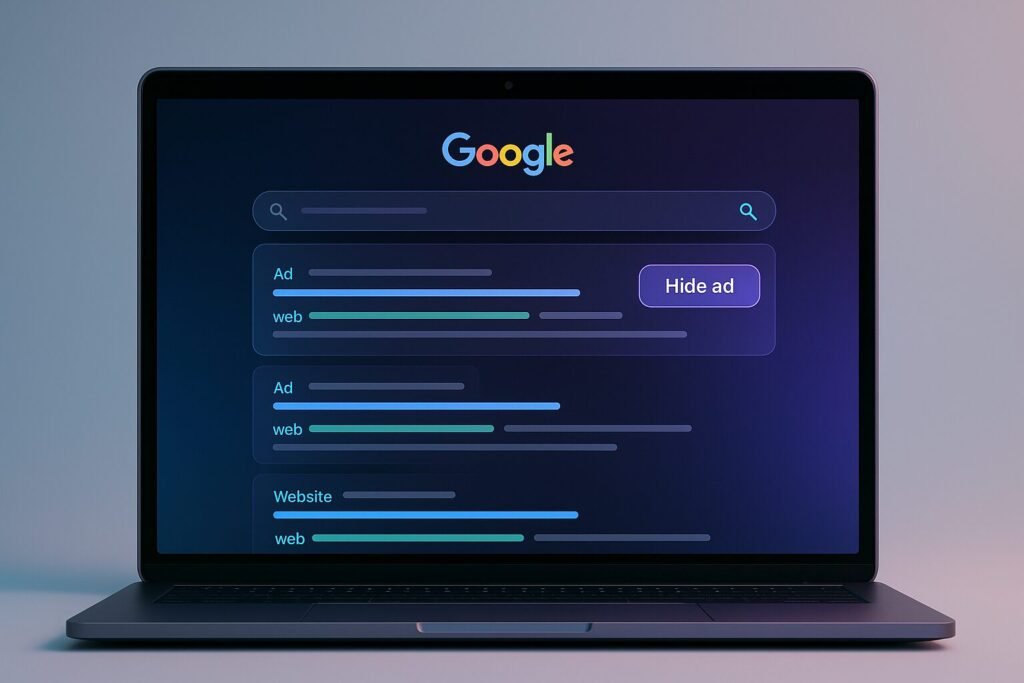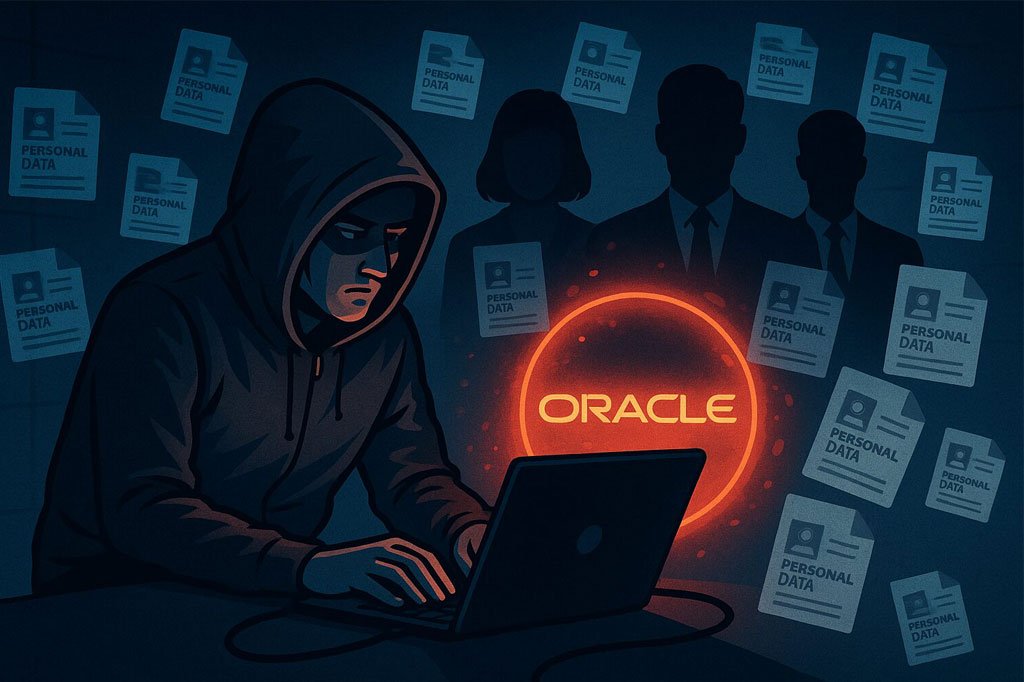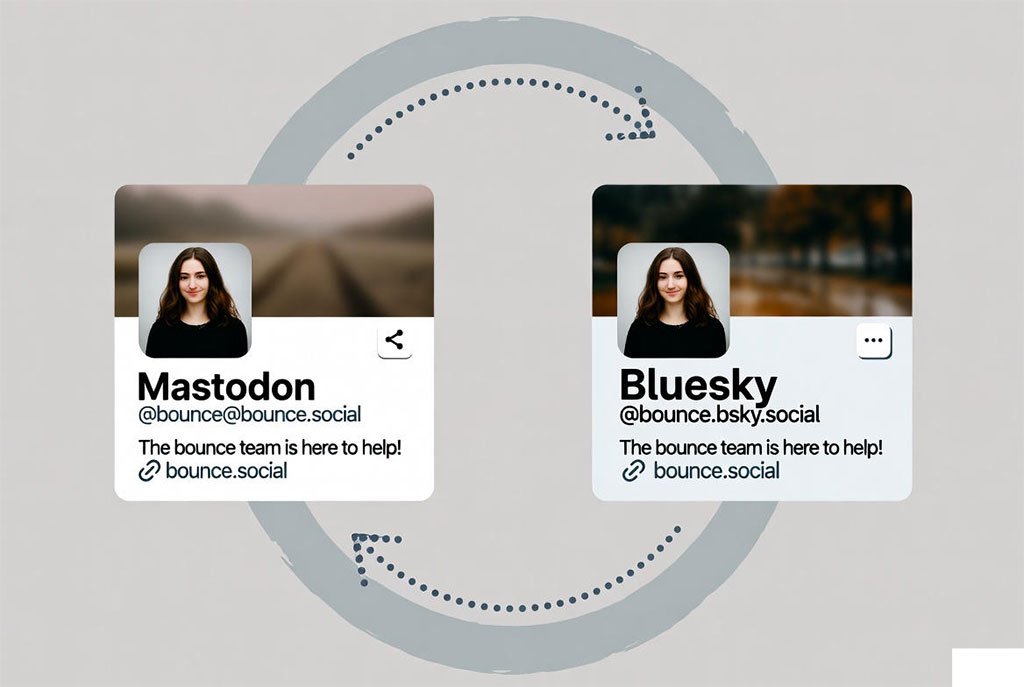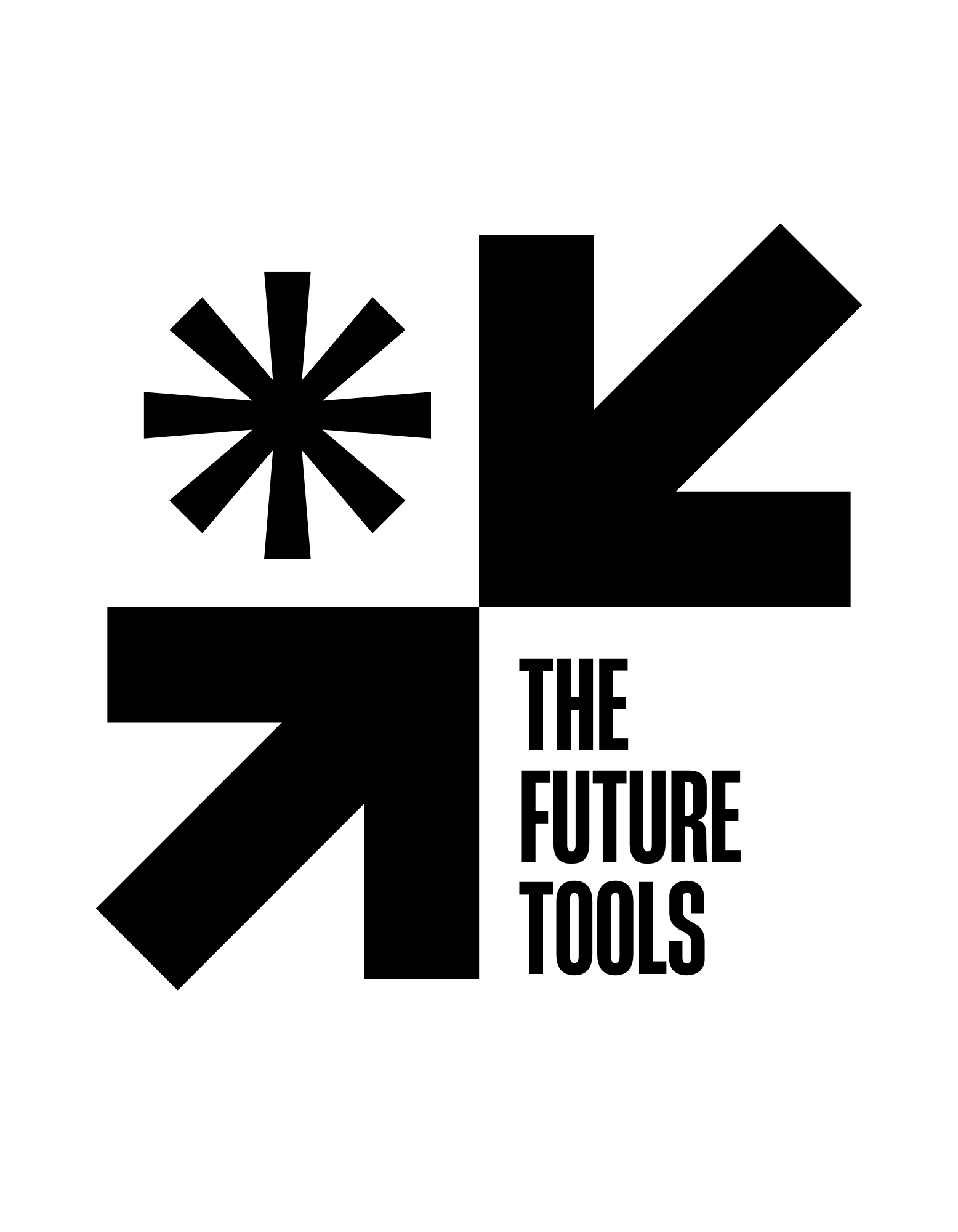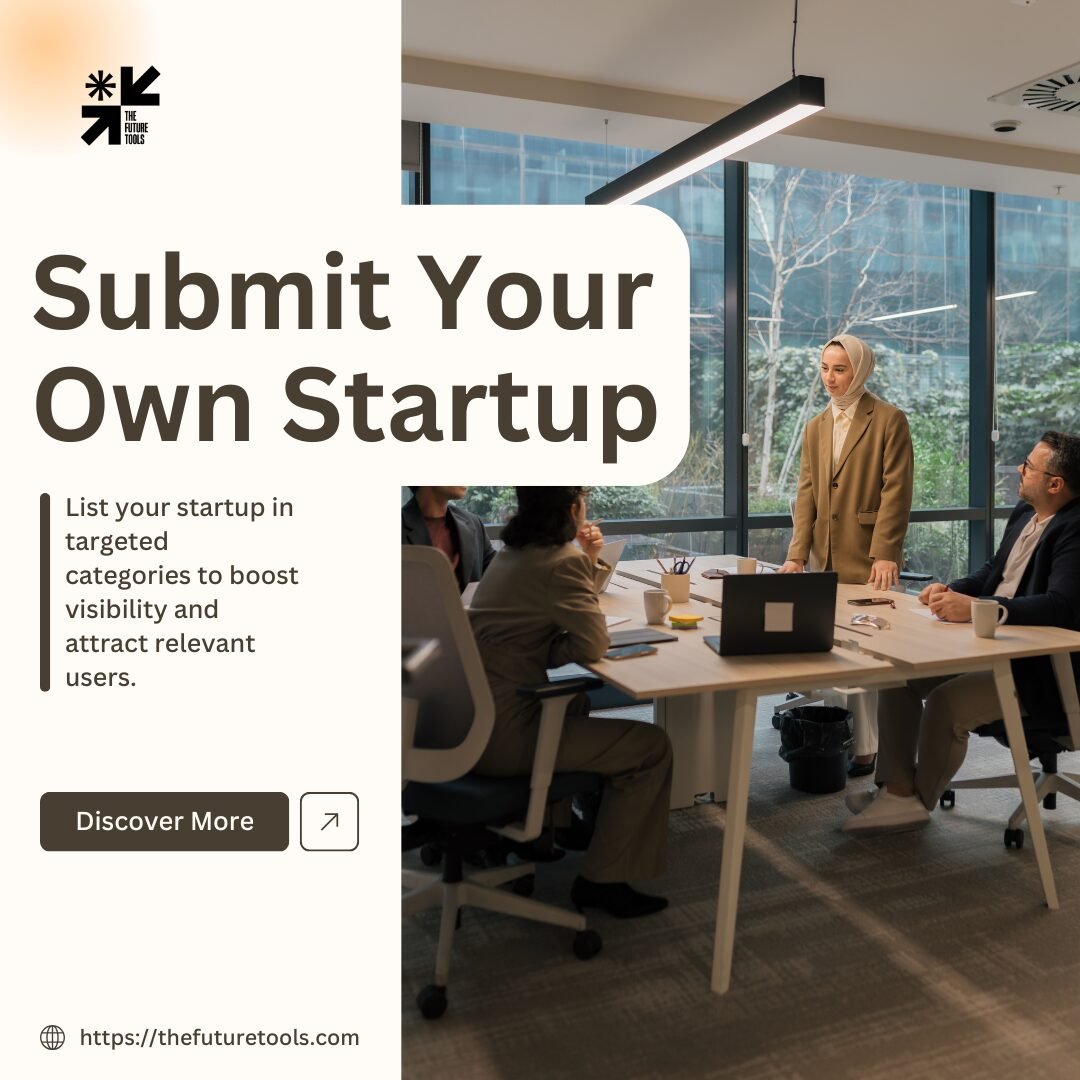Now Reading: H-1B Policy Update: Why Outsourcers Benefit While Startups Struggle
-
01
H-1B Policy Update: Why Outsourcers Benefit While Startups Struggle
H-1B Policy Update: Why Outsourcers Benefit While Startups Struggle
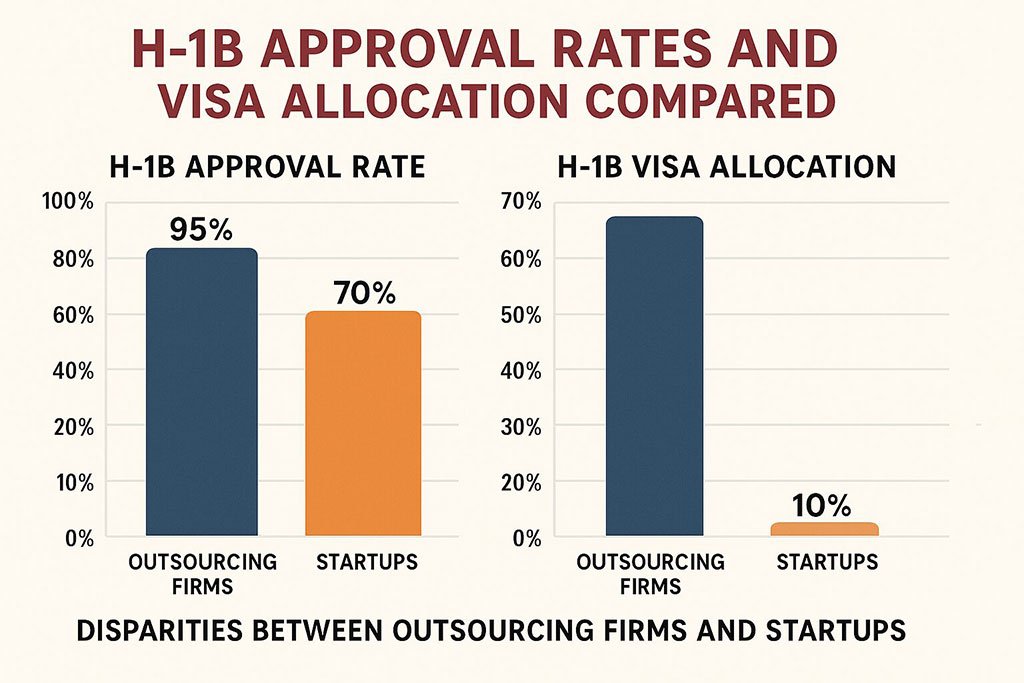
The latest H-1B policy update in the United States has stirred significant debate among technology companies, startups, and outsourcing firms. While the reform aims to streamline visa allocation and workforce management, it disproportionately benefits large outsourcing companies while leaving startups struggling to compete for international talent.
Startups—often lean, innovative, and reliant on global talent—now face a challenging landscape where hiring skilled foreign professionals is more complicated and cost-intensive. Understanding the implications of this policy is critical for business leaders, HR professionals, and investors navigating the evolving tech ecosystem.
H-1B Policy Changes at a Glance
Key Provisions Favoring Outsourcers
-
Priority for larger firms with established records: The new H-1B allocation favors companies with a history of multiple H-1B petitions, a category where outsourcers dominate.
-
Reduced lottery dependence: Firms with large-scale operations can leverage historical approvals to secure visas more consistently.
-
Cost advantages: Outsourcers often absorb higher administrative costs, which smaller startups may find prohibitive.
Impact on Startups
-
Limited access to visas: Startups, especially early-stage ventures, may struggle to meet new criteria.
-
Increased competition: Larger firms can hire the same talent more reliably, leaving smaller innovators at a disadvantage.
-
Operational constraints: Delays in visa approvals can disrupt product development, scaling, and international expansion plans.
Why Outsourcers Stand to Gain
Established Infrastructure
Outsourcing firms have dedicated legal teams and HR infrastructure to handle visa applications efficiently. This gives them a competitive edge in navigating the H-1B process under the updated rules.
Scale and Volume
High-volume hiring allows outsourcers to absorb policy shifts without significant operational disruption. They can continue recruiting international talent at scale, serving global clients with minimal delays.
Reduced Risk
By leveraging their track record, outsourcers face fewer uncertainties under the revised lottery and allocation system, ensuring a steady inflow of skilled workers.
The Startup Dilemma
Talent Bottleneck
Startups depend on highly specialized talent—software engineers, AI specialists, and product designers—often sourced globally. The policy shifts create a bottleneck, limiting access to these critical hires.
Cost and Compliance
Early-stage companies lack the financial and legal infrastructure of outsourcers. Increased filing requirements, fees, and compliance measures can strain budgets and slow growth.
Innovation at Risk
Startups thrive on rapid experimentation and agility. Delays or difficulties in hiring international talent may stifle innovation and impact time-to-market for new products.
Industry Perspectives
Global Tech Ecosystem
-
VCs and investors are closely monitoring H-1B trends, as talent access directly affects startup valuations.
-
Outsourcing companies see an opportunity to expand services and absorb global talent more efficiently.
-
Policy advocates argue that H-1B reforms aim to prioritize job creation in high-demand sectors but risk unintended consequences for emerging businesses.
Real-World Example
Consider a U.S.-based AI startup seeking a specialized machine learning engineer from India. Under the new policy, securing a visa becomes more competitive, while a large outsourcing firm with a history of H-1B approvals can hire multiple engineers in the same domain seamlessly.
Pros and Cons of the New H-1B Policy
Pros:
-
Streamlines visa process for large, established firms
-
Reduces uncertainty for high-volume employers
-
Encourages investment in compliance infrastructure
Cons:
-
Disadvantages early-stage startups and SMEs
-
Increases competition for limited H-1B slots
-
Potentially slows innovation in the U.S. tech ecosystem
-
May lead to talent concentration in outsourcing companies
The Global Implications
The ripple effects extend beyond the U.S.:
-
International talent migration patterns may shift toward established outsourcing hubs rather than startups.
-
Global investment trends may favor companies with secure access to skilled talent.
-
Innovation ecosystems could see a slowdown if emerging startups cannot compete for talent effectively.
This policy highlights the tension between scale and innovation, where large firms have structural advantages while startups carry higher risk but drive technological breakthroughs.
The H-1B policy update underscores a critical tension in the U.S. tech ecosystem: scale versus innovation. While outsourcing firms enjoy structural advantages, startups—traditionally the engines of innovation—face challenges accessing the global talent needed to grow and compete.
For entrepreneurs, investors, and policymakers, the update is a reminder that talent policies directly shape the innovation landscape. Navigating these changes requires strategic foresight, advocacy, and creative approaches to hiring, collaboration, and talent retention.
Stay informed on tech policy and talent trends! Subscribe to our newsletter for insights on H-1B updates, startup strategies, and global tech workforce trends.
FAQs
1. Who benefits the most from the new H-1B policy?
Large outsourcing firms with established visa records and high-volume hiring.
2. Why are startups at a disadvantage?
Startups have fewer resources, lower historical approvals, and face higher competition for H-1B visas.
3. How does this impact innovation?
Startups struggling to hire global talent may see slower product development and innovation delays.
4. Are there alternative visa options for startups?
Options exist, like O-1 or L-1 visas, but they are often more complex or limited.
5. Can startups compete with outsourcers?
It’s challenging under the current policy, but creative recruitment, remote hiring, and early talent programs may help.
6. How does this affect international talent?
Top global talent may gravitate toward established outsourcing companies with higher visa approval reliability.
7. Is this policy permanent?
Policy changes may evolve with administration and legislative updates.
8. What sectors are most affected?
Tech startups, AI, software development, and other high-skill industries reliant on international professionals.
9. Can investors influence outcomes?
Yes, by supporting startups in legal compliance and global talent strategies.
10. What’s the long-term risk for the U.S. tech ecosystem?
Talent concentration in outsourcing firms could reduce diversity and innovation in startup-driven sectors.
Disclaimer:
All logos, trademarks, and brand names referenced herein remain the property of their respective owners. Content is provided for editorial and informational purposes only. Any AI-generated images or visualizations are illustrative and do not represent official assets or associated brands. Readers should verify details with official sources before making business or investment decisions.




